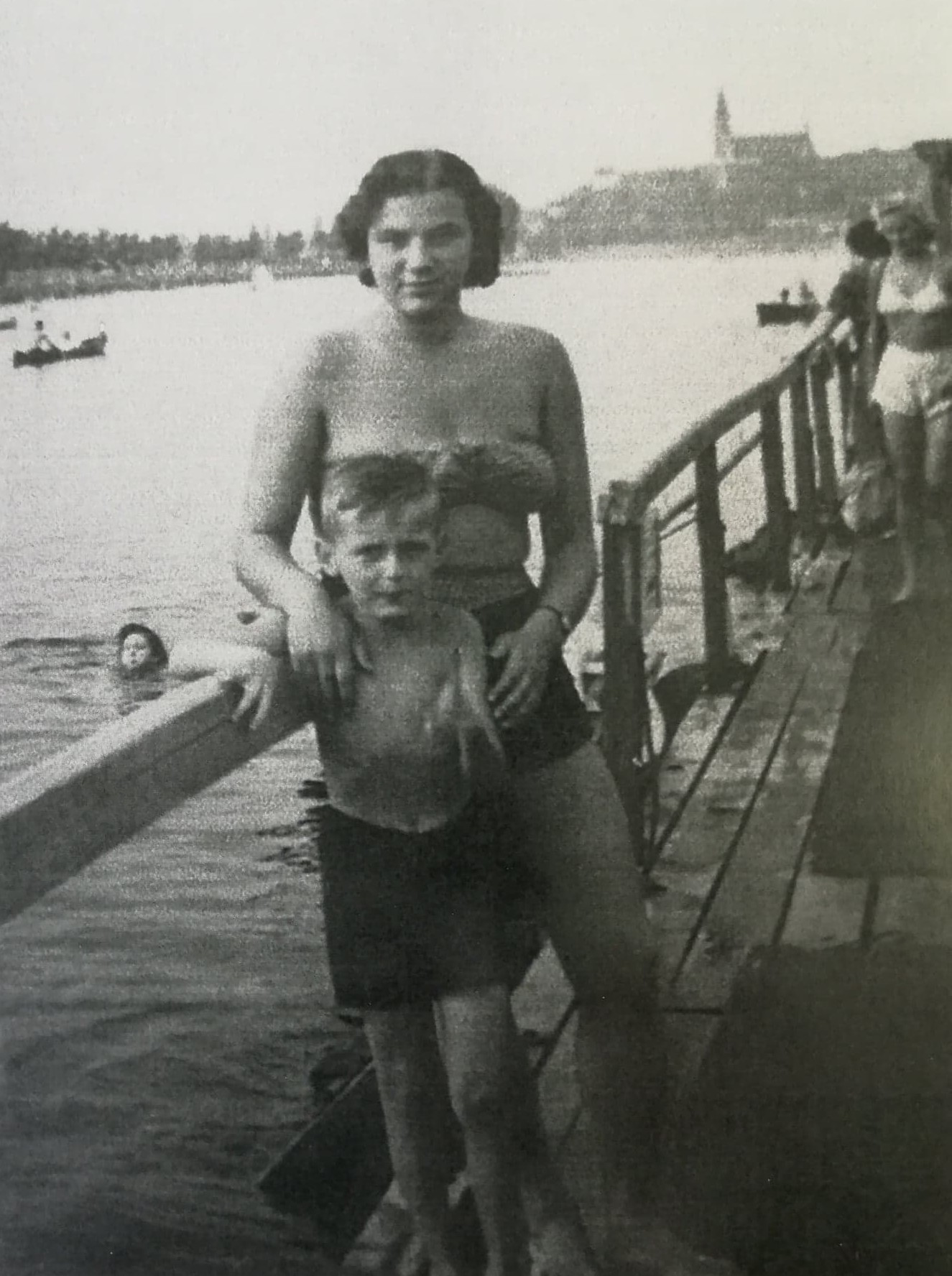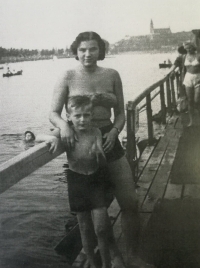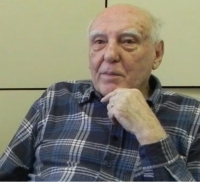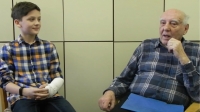Her name was Anna Hönig

Download image
Ivo Raab was born on May 31, 1934 into a mixed Czech-German family. The family lived in Smržovka until their father died of tuberculosis in 1938. After the withdrawal of the border due to the Munich agreement, Ivo Raab and his mother evacuated to Prague. They lived as the only Gentiles in a house intended for the Jewish population. As a child, Ivo Raab witnessed the departure of his neighbors to transports. His mother got him the Jewish governor Anna Hönig, who took care of him and who lived with them for a year. Then he had to join a transport to a concentration camp. The witness learned about the fate of Anna Hönig only after many years from the Jewish community. Ivo Raab and his mother moved to Jablonec nad Nisou after the war, and they were able to move into the house after their father’s displaced German relatives. After the war, he devoted himself to water scouting, and after banning the scout organization, he and his friends set up a speed canoeing club. Ivo Raab still remembers Anna Hönig and is currently trying to arrange for the so-called stone of the disappeared with her name to be placed on the sidewalk in front of the house where they lived at the time.


